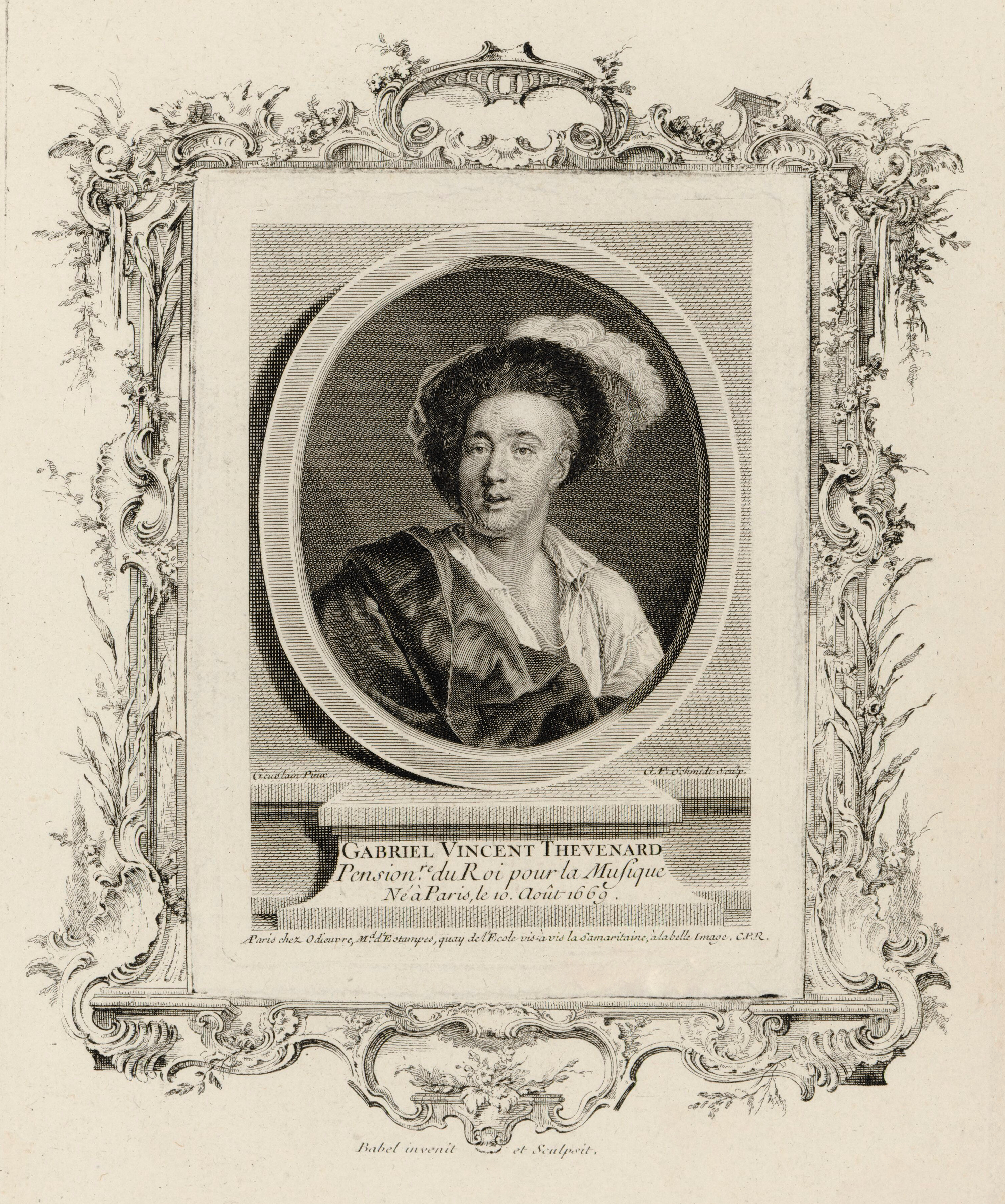Barton Booth was one of the most famous dramatic actors of the first part of the 18th century.
Tragédie en musique, also known as tragédie lyrique, is a genre of French opera introduced by Jean-Baptiste Lully and used by his followers until the second half of the eighteenth century. Operas in this genre are usually based on stories from Classical mythology or the Italian romantic epics of Tasso and Ariosto. The stories may not necessarily have a tragic ending – in fact, most do not – but the works' atmospheres are suffused throughout with an affect of nobility and stateliness. The standard tragédie en musique has five acts. Earlier works in the genre were preceded by an allegorical prologue and, during the lifetime of Louis XIV, these generally celebrated the king's noble qualities and his prowess in war. Each of the five acts usually follows a basic pattern, opening with an aria in which one of the main characters expresses their feelings, followed by dialogue in recitative interspersed with short arias, in which the main business of the plot occurs. Each act traditionally ends with a divertissement, offering great opportunities for the chorus and the ballet troupe. Composers sometimes changed the order of these features in an act for dramatic reasons.
This is a timeline of the history of piracy.

Gabriel-Vincent Thévenard was a French operatic baritone.
John Mills (c.1670–1736) was a British stage actor. A long-standing part of the Drury Lane company from 1695 until his death, he appeared in both comedies and tragedies. His wife Margaret Mills was an actress, and his son William Mills also became an actor at Drury Lane.
George Pack was a British stage actor, singer and theatre manager of the eighteenth century. His first known performance on the London stage was as Westmoreland in Shakespeare's Henry IV at the Lincoln's Inn Fields Theatre and he remained with the company until it transferred to the Queens's Theatre in the Haymarket in 1705. He played in a mixture of comedies and tragedies, originating roles in plays by many of the leading dramatists of the era including Nicholas Rowe, Mary Pix, John Vanbrugh and Susanna Centlivre.